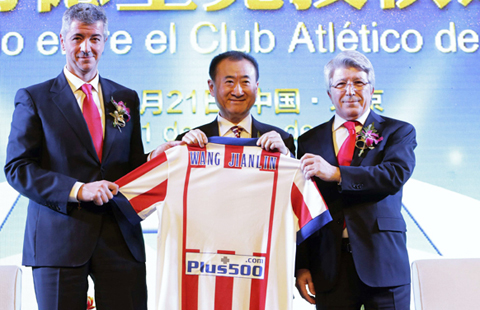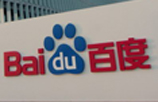South China's Dongguan moves to bring production into modern era
By QIU QUANLIN (China Daily) Updated: 2015-01-27 09:57McNair New Power Co had more than 4,000 workers when the company based in Dongguan, a city in Guangdong province known for its leading position in traditional manufacturing, registered sales of 300 million ($48.03 million) in 2011.
Those sales increased dramatically last year after the company invested heavily in upgrading most of its manufacturing equipment.
"The introduction of advanced equipment helped boost the efficiency of production and increase profits," said Zhang Xinhe, McNair's chief engineer.
The company, which specializes in the production and sale of electronic batteries, saw its sales reach nearly 700 million yuan last year.
"The number of employees has been cut to about 2,000 since the production efficiency was increased due to the introduction of advanced intelligent devices," Zhang said.
McNair is a typical of Dongguan manufacturers that have been upgrading their operations with the introduction of intelligent equipment in recent years.
"Many local manufacturers are being encouraged to boost production efficiency and competitiveness amid the economic slowdown, by upgrading their facilities," said He Yu, vice-mayor of Dongguan.
On Tuesday, the city's government announced a series of measures, including encouraging the use of more advanced equipment, to boost its traditional manufacturing base over the coming decade.
It is He's hope that in time, the city's labor-intensive production model of the past "will be largely replaced by advanced equipment and technology".
The city authorities have set the target that output value, as a result, will increase from the current 1 trillion yuan to 2 trillion yuan by 2025.
"Dongguan's traditional manufacturing industries will be upgraded from simply relying on processing and labor-intensive production by introducing intelligent equipment and other incentives to boost business," He said.
The city's economy, which relied for years on huge investment from Hong Kong and Taiwan into its manufacturing and processing trade, grew about 7.6 percent year-on-year in 2014, according to preliminary figures issued by the government, well below its target of about 9 percent for the year. Total trade grew 6.2 percent year-on-year to $162.54 billion in 2014.
"Over the past decade, especially since 2008 when the world's economy began slowing down, Dongguan's economy faced enormous challenges, especially, as most manufacturing businesses in the city were in the low end of the industrial chain, resulting in weak innovation and lower profits," He said.
Emerging industries, however, including robots and intelligent terminals are expected to grow fast in the years ahead with more IT solutions being introduced to help upgrade traditional manufacturing industries.
"We need to upgrade the manufacturing sector to help drive a new round of economic development," He said.
By 2025, He predicts advanced and high-tech manufacturing industries to account for more than 60 percent of the city's output value, and half of its total industrial value, with officials attaching the most importance to the development of intelligent equipment manufacturing, including industrial robots.
Top of the agenda is the building of an international robot industrial base and a robot research institute in the booming Songshan Lake High-tech Industrial Development Zone.
"We are also encouraging local manufacturers to introduce more e-commerce-based services," he says.
The city has created a series of special funding options, too, to help local businesses upgrade their manufacturing equipment, according to Ye Baohua, director of the Dongguan Economy and Information Technology Bureau.
Last year, Ye said more than 400 projects applied for financial support.
- Derivatives are now a new option for equity investors
- China's Pearl River Delta is world's largest urban area
- Deflation adds to China's economic slowdown
- China's UnionPay International signs agreement with Croatian bank
- Tencent's WeChat bites the advertising bullet
- China's subway manufacturer inks landmark US deal
- China agrees to allow imports of all US apples
- China cuts retail oil prices
















